At-Will Employment
Michigan is an at-will employment state — but that doesn't mean you're automatically protected from legal claims! Under Michigan law (Toussaint v. Blue Cross Blue Shield; Rowe v. Montgomery Ward), employees can argue that implied promises, written policies, or established practices created a contract — even if you never intended it.
Without the right disclaimers in place, your business could be exposed.
Download a Customized Employee Handbook — complete with a clear, legally reviewed At-Will Employment Policy to protect your company.
Join Our Webinar Classes — learn how to hire legally and avoid the most common mistakes employers make when bringing on new employees.
Got questions? Contact EmployerESource today for expert help and practical advice on making your policies airtight.
Don't leave your business open to risk — get protected today!
Ban the Box
Grand Rapids, MI’s “Ban the Box” law prohibits employers from asking about an employee’s criminal history or conducting a background check until a conditional job offer is made. This applies to employers all employers in Grand Rapids, MI.
As an employer you cannot ask about an applicant’s prior convictions until the end of the hiring process. Employers need to provide the hiring candidate with an offer letter that details the need for an employee background check. Your HR consultant will customize your employee offer letter and application and send it to you after your meeting.
When employers consider whether or not to hire an applicant on the basis of criminal history, employers must consider:
· the nature and severity of the crime,
· the age of the individual at the time of the crime,
· whether there have been repeat offenses,
· whether the individual maintained a good employment history before or after the conviction,
· evidence of rehabilitation efforts,
· and whether the crime for which the individual was convicted may pose a demonstrable risk to the health, safety or welfare of other employees or persons or to property.
Employees do not have to share about any past arrests that did not lead to a criminal conviction.
As an employer you can only revoke the conditional offer if one of the following is true: the hiring candidates’ criminal history would have a direct relationship to the position, the hiring candidate would cause an unreasonable risk to public safety. Before the employer can revoke the conditional offer, they must provide the hiring candidate with a copy of the background check used and give them at least seven business days to respond to the decision to not hire them.
Employers must ensure compliance with these restrictions to avoid unlawful discrimination in hiring or employment practices. Violations may lead to legal liability and enforcement action. For help updating your hiring practices or employee application forms, download a compliant employee handbook or reach out to EmployerESource for expert HR support.
Employee Records Access
The Employee Right to Know Act gives Michigan employees rights to access and review their personnel records. If you have 4 or more employees, this law applies to you.
Key employer obligations include:
· Allowing employees to review their personnel records up to twice per year.
· Providing copies of personnel records upon request (a reasonable copying fee is allowed).
· Giving employees the right to dispute and attach a statement to any information they disagree with.
· Notifying employees if disciplinary information is shared with a third party.
· Deleting disciplinary records over 4 years old before sharing personnel records, with few exceptions.
· Maintaining employee privacy regarding political activities, associations, and non-work activities (with narrow exceptions).
Download a Customized Employee Handbook — with a ready-to-implement Personnel Records Policy that meets Michigan’s strict requirements. Contact EmployerESource Today — our experts can answer your questions and help you stay 100% compliant with Michigan employment law.
Don’t leave your business exposed — update your policies today!
Deductions From Wages
Michigan law strictly limits when an employer can deduct money from an employee’s paycheck.
Unauthorized deductions are a fast track to wage complaints, audits, and lawsuits.
Under Michigan Workforce Opportunity Wage Act:
No deductions can be made unless:
Required by law (like taxes or court orders),
Freely and clearly authorized by the employee in writing — without intimidation or fear of job loss.
Separate written consent is required for each deduction, unless:
It’s a charitable contribution to a nonprofit (and even then, consent can be revoked anytime).
It’s a wage overpayment recovery — but only under very strict rules (ex: error must be mathematical or clerical, capped at 15% of gross pay, written notice must be given in advance).
It’s a court-ordered default judgment debt (again, strict limits apply).
Every deduction must be individually documented in your payroll records — no bulk prorating among employees allowed.
Employer mistakes in this area can be extremely costly.
Protect your payroll operations today!
Talk to EmployerESource and purchase a Payroll Deduction Authorization Forms — written to Michigan law specifications. Download a compliant employee handbook or reach out to EmployerESource for expert HR support.
One wrong deduction can cost you thousands. Get it right the first time!
Employee Records Access
The Employee Right to Know Act gives Michigan employees rights to access and review their personnel records. If you have 4 or more employees, this law applies to you.
Key employer obligations include:
· Allowing employees to review their personnel records up to twice per year.
· Providing copies of personnel records upon request (a reasonable copying fee is allowed).
· Giving employees the right to dispute and attach a statement to any information they disagree with.
· Notifying employees if disciplinary information is shared with a third party.
· Deleting disciplinary records over 4 years old before sharing personnel records, with few exceptions.
· Maintaining employee privacy regarding political activities, associations, and non-work activities (with narrow exceptions).
Download a Customized Employee Handbook — with a ready-to-implement Personnel Records Policy that meets Michigan’s strict requirements. Contact EmployerESource Today — our experts can answer your questions and help you stay 100% compliant with Michigan employment law.
Don’t leave your business exposed — update your policies today!
Final Wages
When an employee leaves a Michigan company — whether they quit, are discharged, or are involved in a labor dispute — Michigan law has clear rules about when and how they must be paid.
When an Employee Quits or Resigns:
You must pay all wages earned and due by the next regularly scheduled payday for the period in which the termination occurs.
Exception: If the employee was engaged in the hand harvesting of crops, wages must be paid within 1 working day.
When an Employee is Discharged (Fired):
You must pay all wages earned and due as soon as they can be determined with due diligence, but no later than the next regular payday.
Exception for hand harvesting employees: Wages must be paid within 1 working day.
Employees Leaving Due to Labor Disputes (Strikes):
Michigan law does not specifically address this situation, but best practice is to treat it like a resignation — pay all wages by the next regular payday.
Michigan does not allow employers to "hold" final paychecks for equipment return, exit interviews, or administrative processing.
Customized Employee Handbooks: We offer tailor-made employee handbooks that comply with both state and federal laws, ensuring your business meets all legal requirements. A customized handbook will help you stay compliant, minimize legal risks, and foster a transparent, positive work environment.
Don't risk a wage complaint. Contact EmployerESource today and leave no paycheck to chance!
Garnishments of Pay
Under Michigan's Support and Parenting Time Enforcement Act, employers (sources of income) must follow strict rules when handling income withholding orders for child support.
An employer may NOT:
Refuse to hire,
Fire (discharge),
Discipline, or
Penalize an employee because of a notice of income withholding for child support.
If an employee’s driver’s, occupational, or recreational license is suspended for child support reasons a company cannot use the suspension as a reason to refuse to hire, fire, discipline, or penalize the employee unless that license is legally required for their job (for example, a CDL for a truck driver).
Employers can charge a small administrative fee to employees for processing income withholding orders:
Electronic payment: Up to $1.00 per transaction, max $2.00 per month.
Paper payment: Up to $2.00 per transaction, max $4.00 per month.
The fee must be collected separately from the child support withholding amount.
Charging this fee does not violate the anti-retaliation rule.
Mishandling income withholding orders or retaliating against employees could open your business to criminal charges, restitution costs, and significant HR disruptions.
Customized Employee Handbooks: We offer tailor-made employee handbooks that comply with both state and federal laws, ensuring your business meets all legal requirements. A customized handbook will help you stay compliant, minimize legal risks, and foster a transparent, positive work environment.
Contact EmployerESource today — ensure your team handles income withholding the right way, every time!
Jury Duty
Under Michigan law employers are prohibited from threatening, discharging, disciplining, or causing an employee to be discharged or disciplined because the employee is summoned for, serves on, or has served on jury duty.
Employers are prohibited from requiring an employee who has jury duty to work additional hours that, when combined with the hours spent on jury service, exceed the number of hours the employee normally and customarily works in a day, or to work beyond their usual quitting time, unless the employee voluntarily agrees.
Employers should ensure that company policies and supervisor practices comply with these requirements to avoid legal penalties and protect employee rights during periods of jury service.
Customized Employee Handbooks: We offer tailor-made employee handbooks that comply with both state and federal laws, ensuring your business meets all legal requirements. A customized handbook will help you stay compliant, minimize legal risks, and foster a transparent, positive work environment.
Sick Leave
Michigan Paid Medical Leave Act requires employers to provide paid medical leave to eligible employees. This leave must be accrued at a rate of at least one hour for every 35 hours worked, with limits on carryover and usage. Employees may use this leave for their own health needs, to care for family members, or in cases of domestic violence or sexual assault, among other reasons.
For businesses with 50 or more employees, it's crucial to ensure that your policies reflect these legal requirements, and that they are clearly communicated to your workforce. Failure to comply could lead to significant risks, including potential lawsuits and penalties.
EmployerESource offers a fully customized employee handbook, tailored specifically to your state and federal law requirements, ensuring that your business remains compliant with all regulations, including paid medical leave. With our employee handbooks, you get:
Clear policies that align with state and federal laws
Easy-to-understand guidelines for paid medical leave
A robust framework that helps you stay legally compliant and avoid costly mistakes
Customization for your specific industry and workplace needs
Take the stress out of compliance—download your customized employee handbook today with EmployerESource! Protect your business and empower your employees with the right tools to succeed.

